It was almost exactly a year ago (January 8, 2013, to be precise) that we awoke to the news that David Bowie, far from dying, retiring, or living the half-life of a rock and roll renunciant in his Riverside apartment, had blindsided us all by sneak-releasing his first new work in a decade on the morning of his 66th birthday.
The weary reflection of "Where Are We Now?” was so perfectly measured, and its nil-by-mouth marketing strategem – in which absence, to paraphrase James Joyce, became the most potent form of presence – so perfect that one wondered whether Bowie shouldn’t just quit while he was ahead: to return with one last sigh of a single and then simply disappear again would have been a deliciously dramatic exit. But there was news of an album, too, and I rather feared it might be a damp squib by comparison.
Even if were possible to unstitch the music on 'The Next Day' from its extraordinary context, who would want to?
When The Next Day duly arrived in March, however, it was far, far better than anyone had any right to expect. Here was a Bowie who made a mockery of the hand-wringing rumours of terminal decay; a Bowie brimful of purpose and direction, unafraid to confront past glories. Musically the album pinched from and pecked at his past, most obviously - and to greatest effect on the title track and the delightfully cracked “Dirty Boys” - the skew-whiff art-rock of Lodger and Scary Monsters, but also revisited the desiccated Fifties rock'n'roll of Aladdin Sane, glossy mid-Eighties blues-pop, and, on "If You Can See Me", even his much-maligned jungle phase.
The Next Day sounded both familiar and fresh. Even better, everywhere you looked there were simply brilliant songs. Best of the bunch was “You Feel So Lonely You Could Die”, a beautiful ballad of dreadful retribution that touched on Bowie's own "Rock and Roll Suicide" and Dylan’s “Trying to Get to Heaven” en route to a dark and deeply personal final reckoning, in which we were warned that "some night on a thriller street / Will come the silent gun." The words on The Next Day were superb: racked, wry, bloodied, furious, reflective, with so much to say it was almost daunting.
I was instantly smitten, and remain so, enough to make sweeping allowances without apology. Objectively, there were two or three tracks (you want names? OK, “Boss of Me” and “Set the World on Fire”) that could have been left on the subs’ bench (although, as it happens, the subsequent Deluxe and Extra editions of the album confirmed that the B-team was hardly lacking in talent: the peppy “So She” and grandiose “The Informer” were two of several heavyweight contenders).
It's not perfect, but it's still the album I cherish most from 2013. Even if were possible to unstitch the music on The Next Day from its extraordinary context, who would want to? It became a better album by virtue of being such an unexpected gift, and also - take note, binge interviewees - for being left by its creator to speak up entirely for itself. After 10 years of nothing I would have happily embraced a patchy, creakily well-meaning return. That what we got instead was a very, very good David Bowie album, full of blood and beauty and heart and angry vigour, was joyous indeed. Frankly, I'm still pinching myself.
Overleaf: Watch the video for "Love is Lost (Hello Steve Reich Mix)"

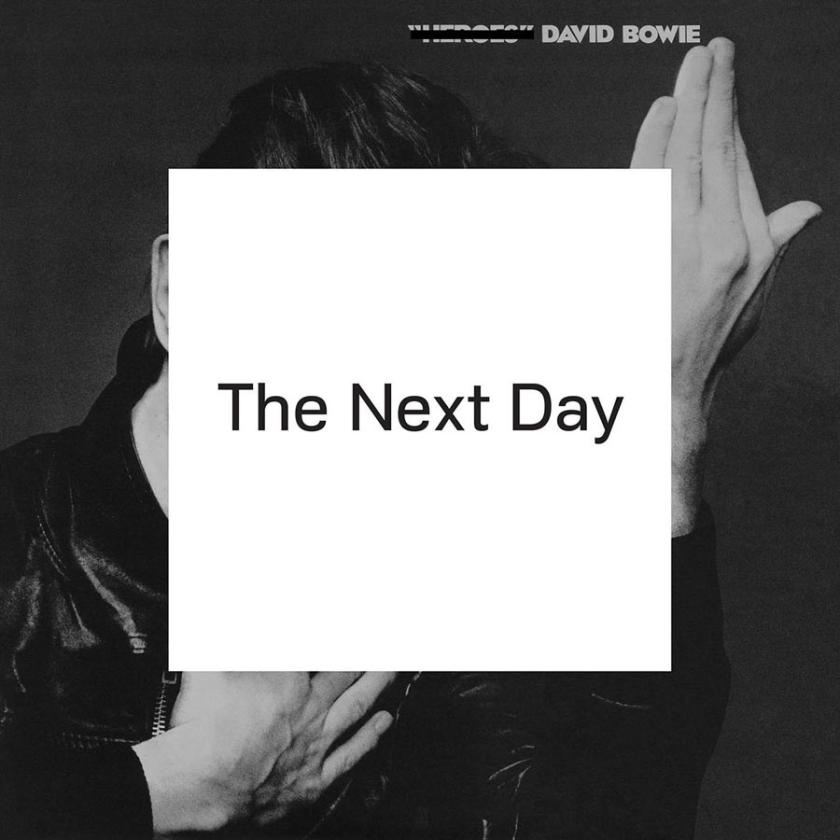

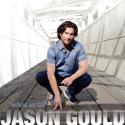
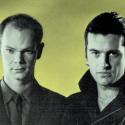

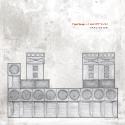
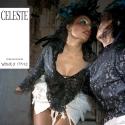






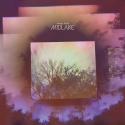
Add comment